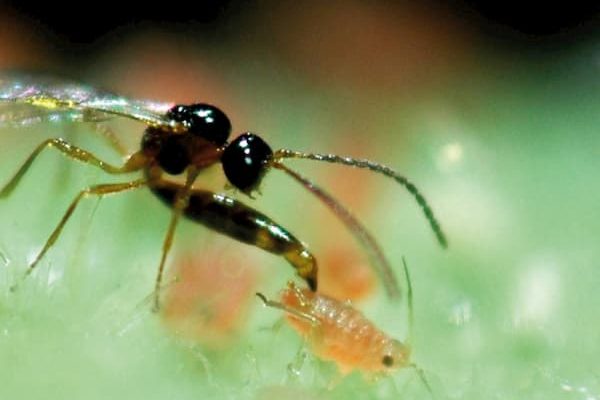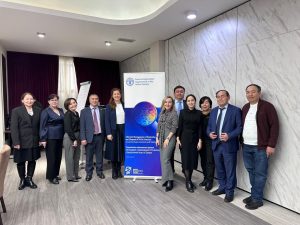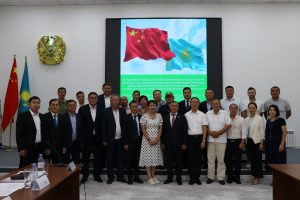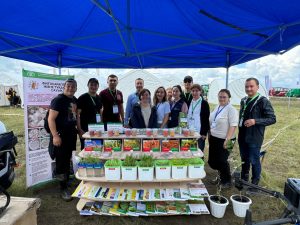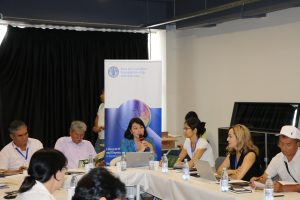Услуги
Технически оснащенность лабораторий и высококвалифицированные ученые института оказывают ряд услуг:
Регистрационные и производственные испытания препаратов, сопровождение
Получение разрешения на применение, реализацию, транспортировку, хранение, рекламу пестицидов, а также ввоз и вывоз на территорию РК.
Дистанционное зондирование, картография и мониторинг с БПЛА
Составление карты любой сложности, на основе данных с воздуха и определение состояние поля по индексу вегетации NDVI.
Научная консультация и сопровождение хозяйства по вопросам защиты растений
Научное сопровождение вашего поля, сада с выездом на место с помощью мобильной лаборатории
Защита городских зеленых насаждений от вредных организмов
Проведение регулярных лесопатологических обследований и применением активных биологических средств безопасных окружающей среде
Фитоэкспертиза и оздоровление семян сельскохозяйственных культур
Фитопатологическая экспертиза и оздоровление семян сельскохозяйственных культур и обработка корневой системы растений защитно-стимулирующими составами
Определение остаточных количеств пестицидов
Определение остаточных количеств пестицидов, тяжелых металлов, нитратов и микотоксинов в сельскохозяйственных культурах, почве и в воде с помощью современных методов.
Продукты
Ученые КазНИИЗиКР занимаются производством собственных продуктов:

Элитные саженцы тополя, туранги
Организация производства и продажа элитного посадочного материала турангового тополя и гибридов тополя
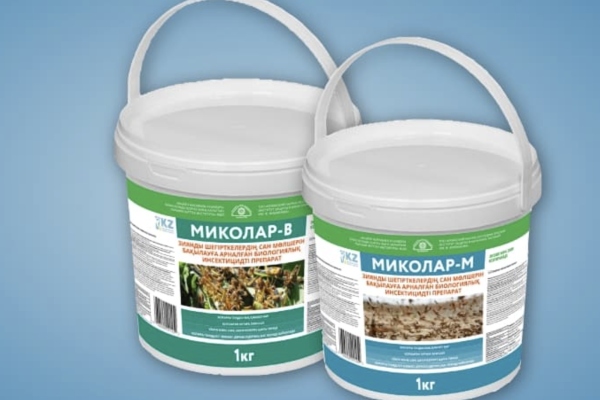
Линейка продуктов против саранчовых
Биологические препараты Миколар М и Миколар B на основе штаммов энтомопатогенных бактерий для защиты растений
Методические указания и рекомендации
Научные литература для студентов, ученых и сельхозпроизводителей по защите растений
Новости
Растущее бесконтрольное применение пестицидов в аграрном секторе Казахстана вызывает серьёзную...
Читайте далееДуйсембеков Бахытжан Алишерович, Арыстангулов Сембы Салманович
Читайте далееРеспубликанский круглый стол «Соглашение о сотрудничестве в профилактике и борьбе...
Читайте далееӨСІМДІК ҚОРҒАУ САЛАСЫНЫҢ МАЙТАЛМАНЫ – АКАДЕМИК ЖҰМАБАЙ ДІЛМАҒАМБЕТҰЛЫ ИСМҰХАМБЕТОВ ӨМІРДЕН...
Читайте далееТРЕНИНГ «УПРАВЛЕНИЕ ЖИЗНЕННЫМ ЦИКЛОМ ПЕСТИЦИДОВ И ЛИКВИДАЦИЯ СОЗ-ПЕСТИЦИДОВ В СТРАНАХ...
Читайте далееТРЕНИНГ «УПРАВЛЕНИЕ ЖИЗНЕННЫМ ЦИКЛОМ ПЕСТИЦИДОВ И ЛИКВИДАЦИЯ СОЗ-ПЕСТИЦИДОВ В СТРАНАХ...
Читайте далееО НАС
КазНИИЗиКР — единственное специализированное учреждение в Казахстане, осуществляющее важные в стратегическом, экологическом, экономическом и социальном планах поиски путей повышения эффективности научных исследований в области защиты и карантина растений.
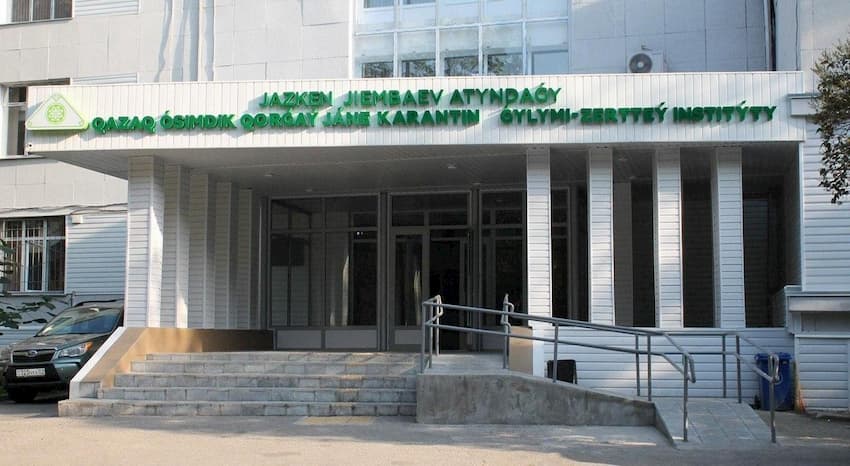
История
История Казахского НИИ Защиты и Карантина Растений имени Жазкена Жиембаева (КазНИИЗиКР) – начинается с 21 февраля 1958 года, когда Постановлением Совета Министров Казахской ССР на базе Республиканской станции защиты растений и был создан институт.
Сегодня в его состав входят два филиала: Костанайский и Южно-Казахстанский.
Основная задача института — разработка интегрированной системы защиты растений от вредных организмов, с целью снижения пестицидной нагрузки на агрофитоценозы, и научное обеспечение карантина растений для национальной безопасности (продовольственной, экологической, биологической) территории Республики Казахстан.
Деятельность
- Разработка и внедрение эффективной системы защиты растений против вредителей, болезней и сорняков;
- Научно-техническое обеспечение карантина растений;
- Создание биологических средств защиты растений;
- Проведение системных исследований в области защиты и карантина растений;
- Трансферт и адаптация перспективных зарубежных технологий по защите и карантину растений.
Команда
Работа над сложными и интересными проектами, исследования, внедрение новых технологий, разработка комплексных интегрированных систем защитных мероприятий, внедрение научных результатов просто невозможны без сильной команды.
Сегодня численность сотрудников — 166 человек, из них 83 имеют научную степень (5 докторов наук сотрудников, 25 кандидатов наук, 3 PhD, 32 магистранта), 17 человек – административные кадры, 66 — технический и обслуживающий персонал.

